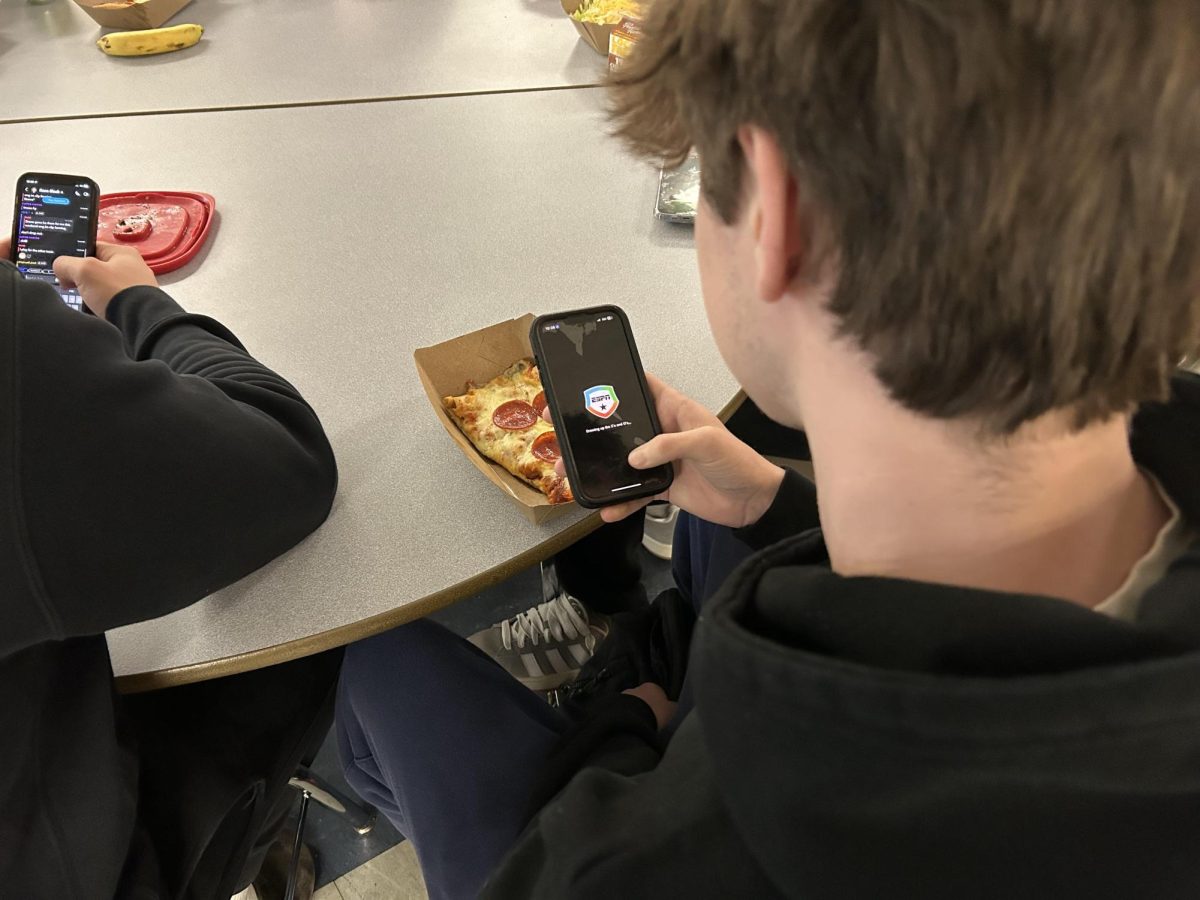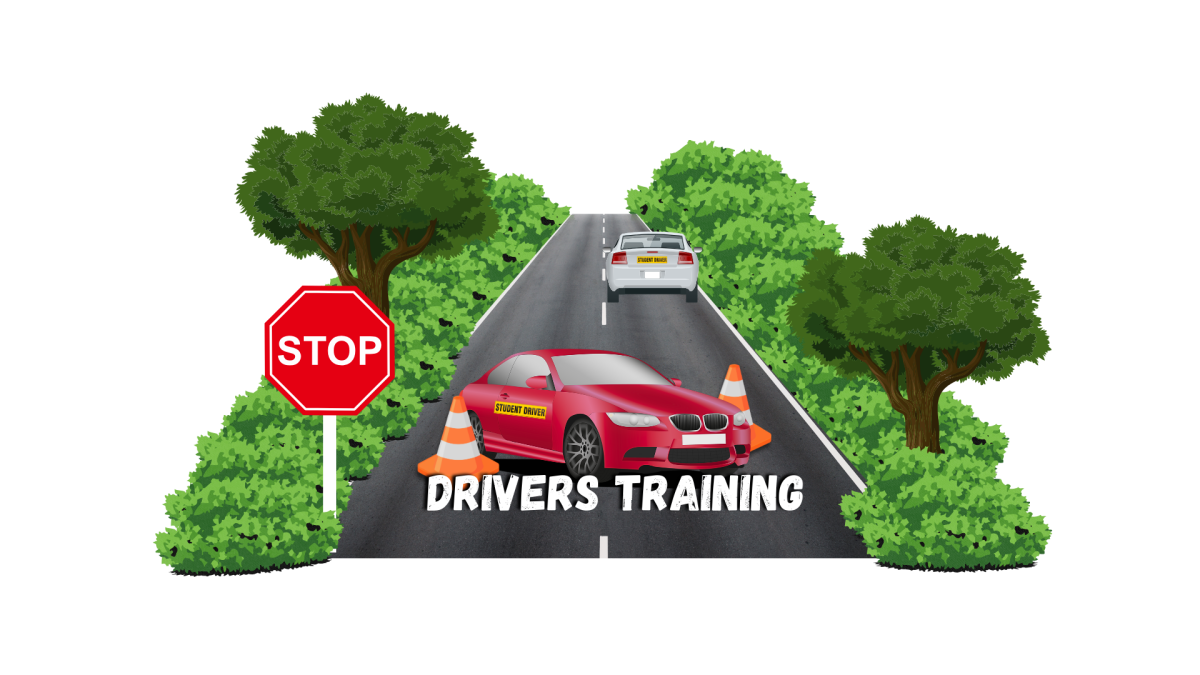By Ian Woodruff

It’s 6:30 in the morning, I hear the ringing of my alarm telling me to wake up. I got home from hockey last night at 11:00 p.m. My body is exhausted, and my brain is still asleep, but if I don’t get up now I will miss the 6:45 bus. Throughout the day, the drowsiness I felt earlier becomes even worse. All I can think about is giving in and putting my head down. So I do. When I wake up, I still don’t feel well rested, but I know I must work so I can keep my grade up in the class. The trouble is, I don’t know what to do for my classwork. I was asleep during the instruction.
“I find myself having too many alarms and waking up sometimes before my alarms, and when I do, I don’t go back to sleep because I know if I do I will oversleep and miss my bus,” said freshman Caleb Schiffman.
According to Nationwide Children’s Hospital, “After puberty, there is a biological shift in an adolescent’s internal clock of about two hours, meaning that a teenager who used to fall asleep at 9:00 p.m. will now not be able to fall asleep until 11:00 p.m. It also means waking two hours later in the morning.”
So why does school start so early if it breaks student’s natural sleep cycle? There could be multiple reasons.
According to Marie Anderson in What Is the Advantage of Having School Start Early? “Suffolk Public Schools in Virginia estimates that by starting some campuses at 7:25 a.m. they will be able to save around $680,000 a year. This schedule also means shorter bus rides for students and less time sitting in traffic.”
So schools can save money and save students time on the bus. By starting school earlier, schools can also reuse high school bus drivers for elementary schools which they need plenty of extra time to do, but doing that is important for saving money. Schools may also want to leave plenty of daylight hours for extracurricular activities after school, like soccer or lacrosse. If we started later in the morning, the time we’d get out in the afternoon would also have to be later, causing students to get out of school later in the afternoon.
Because of the difference in sleep routines, schools should start elementary schools earlier in the morning and have high school start later, flip flopping them. This would still be saving money and would give the older students more sleep/time in the morning. Flip flopping elementary and high school starting times would also give parents time to drop off their children at school on the way to work, while teenagers can typically get themselves to school.
Starting elementary school earlier could also save parents money because they would not have to pay for daycare before school.
According to Michelle Trudeau in High Schools Starting Later to Help Sleepy Teens, “At least 20 percent of high school students fall asleep in class on a typical day.”
“I often try to sleep outside of instruction, but sometimes I cannot,” Caleb Schiffman said, “I think an 8:00 a.m. to 8:30 a.m. [school start time] would be amazing.”
If students had more sleep, they would miss less instruction, pay attention and feel more motivated.
“That wouldn’t bother me,” responded Telise Clemente after being asked if adding the time we take off in the morning to the end of school time would be okay.
If we ever change school starting, the school ending would have to change too, but it is worth it for students’ well-being.







